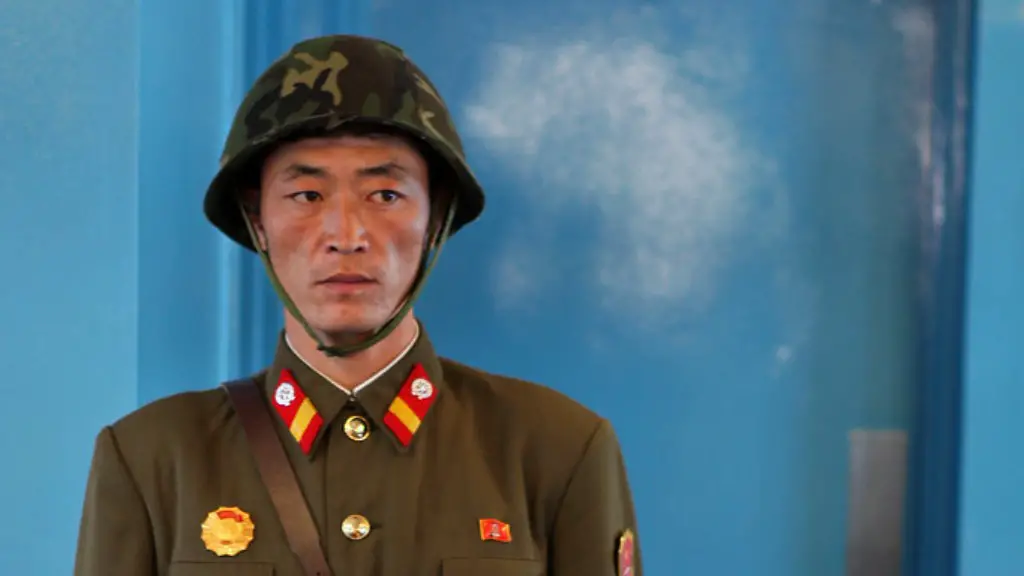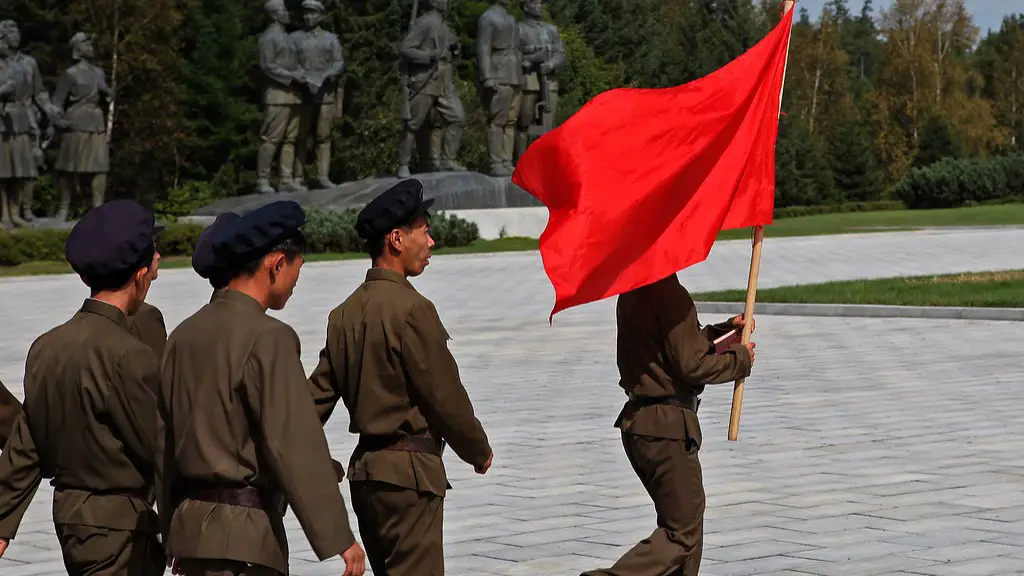The Nature of the Conflict With North Korea
The relationship between North Korea and the West has been hostile for decades. Despite recent talks between president Trump and North Korean leader Kim Jong Un, the possibility of war has been discussed by political commentators, media outlets and strategic analysts. The ongoing economic sanctions on North Korea, specifically those imposed by the United Nations Security Council, have been largely unsuccessful in effectively putting pressure on North Korea to disarm or negotiate. These punitive measures, backed by the threat of force, have served to increase tension rather than assuage it. On the other hand, potential military conflict with North Korea has been a very real prospect since the 1950s. This has been evident from the U.S. deploying warships and aircraft carriers to the region, as well as developing contingency plans for a potential conflict.
Recent provocations by North Korea must also be factored into the equation. In 2017, North Korean launched two intercontinental ballistic missiles and a nuclear test, tests which the United Nations again condemned strongly. It is highly likely that President Trump was talking about such provocations when he declared that the U.S. was “totally prepared” for war. It is further concerning that North Korea has gone as far as to say that any military action taken by the United States would be met with “the most powerful force”.
Having said that, the current administration has made numerous efforts to reach an understanding with North Korea and to prevent military conflict. For example, in May 2018, US Special representative for North Korea, Steve Biegun, stated that the US has “illegitimate military options” for dealing with North Korea in place of war. It is further worth mentioning that such a war is likely to lead to a heavy loss of life on a far greater scale than any of the recent conflicts in the Middle East.
International Efforts to Avert War
On the global diplomatic stage, there has been no lack of efforts to step back from war. China, in particular, has largely adopted a stance of neutrality towards the situation, although they have voiced serious opposition to further sanctions against North Korea. China has also persistently called on both sides to be more flexibile in their terms in order to facilitate future negotiations. Similarly, the South Korean government has been an active advocate of peace, having recently held several leaders-level negotiations with the North and having completed major infrastructure projects (which have been strongly supported by the US). Such efforts have done a great deal to improve the attitude of North Korea towards the US and its allies.
It is worth noting here that a military solution to the current crisis is highly unlikely given the power balance in the region and current global opinion on the matter. It is likely that war would only be considered as a last resort, likely only after all diplomatic and non-military options have been exhausted. However, given the current state of the situation, it may be a lot easier said than done.
In the event that war is unavoidable, it is important to note that the US is in an advantageous position. This can be seen in the number of American and allied ships and aircrafts that are actively located in the waters and airspace of the Korean peninsula. In comparison, North Korea has very little in terms of security/defense forces or powerful allies. As such, the likelihood of a successful North Korean attack against the US is very low.
Possible Consequences of War
It is highly estimated that in the case of war, millions of innocent civilians could be killed or injured, with devastating consequences for the region. This is likely to cause a massive humanitarian crisis as thousands of refugees would likely flee South Korea to avoid the conflict. Such a conflict would also be likely to cause significant economic damage, both for North Korea and South Korea, as well as the global economy.
Furthermore, a war between North Korea and the US would have a detrimental effect on world peace, given the fact that the US is a superpower. This could unleash a wave of instability, creating a ripple effect that could further worsen the situation in the region. In addition, it would likely bring several nuclear-armed countries into the conflict, leading to a direct confrontation between nuclear powers.
Conclusion
Overall, the prospect of going to war with North Korea is a real one, and should not be taken lightly. Despite recent developments in negotiations between the two sides, the possibility of further conflict is always present. As such, diplomatic solutions should be given greater priority, as they are seen by many experts as the most viable solution to the current situation. Furthermore, if war were to happen, its consequences would be far-reaching and devastating, and should be avoided at all costs.


